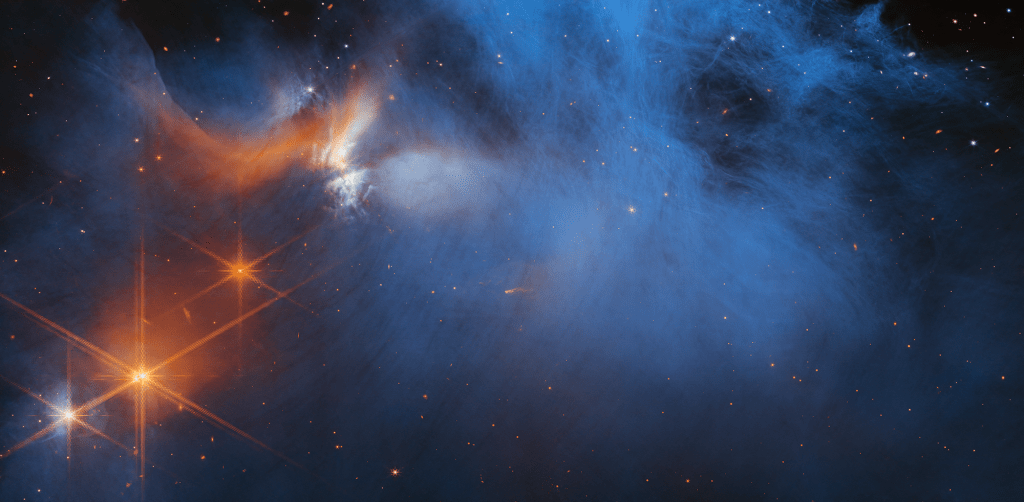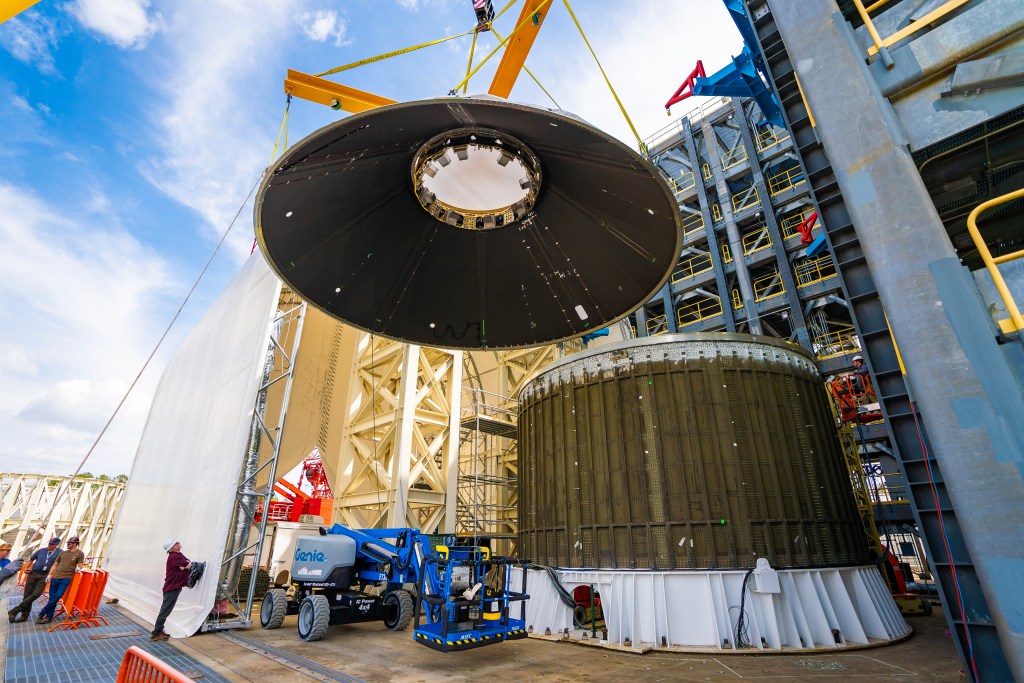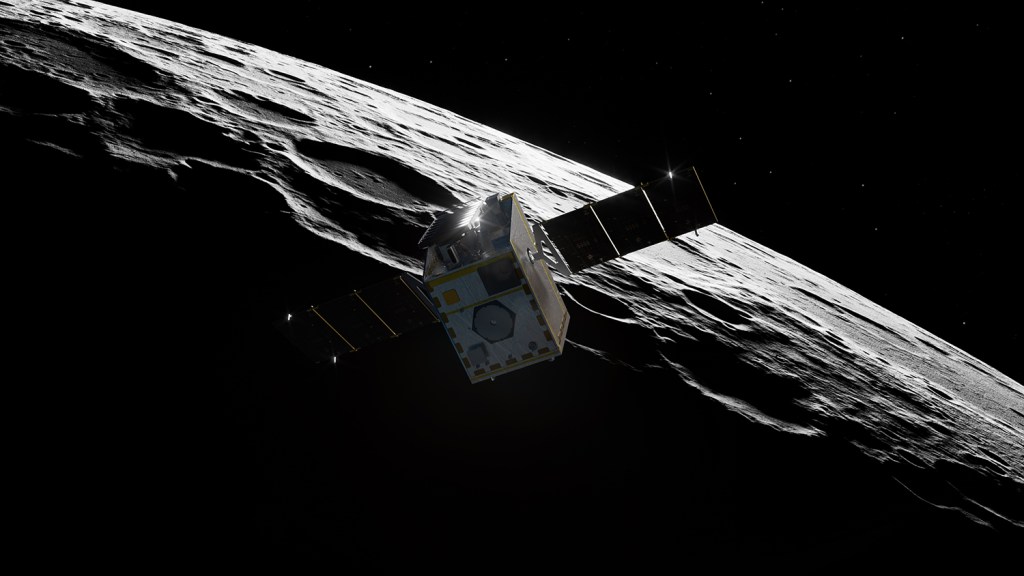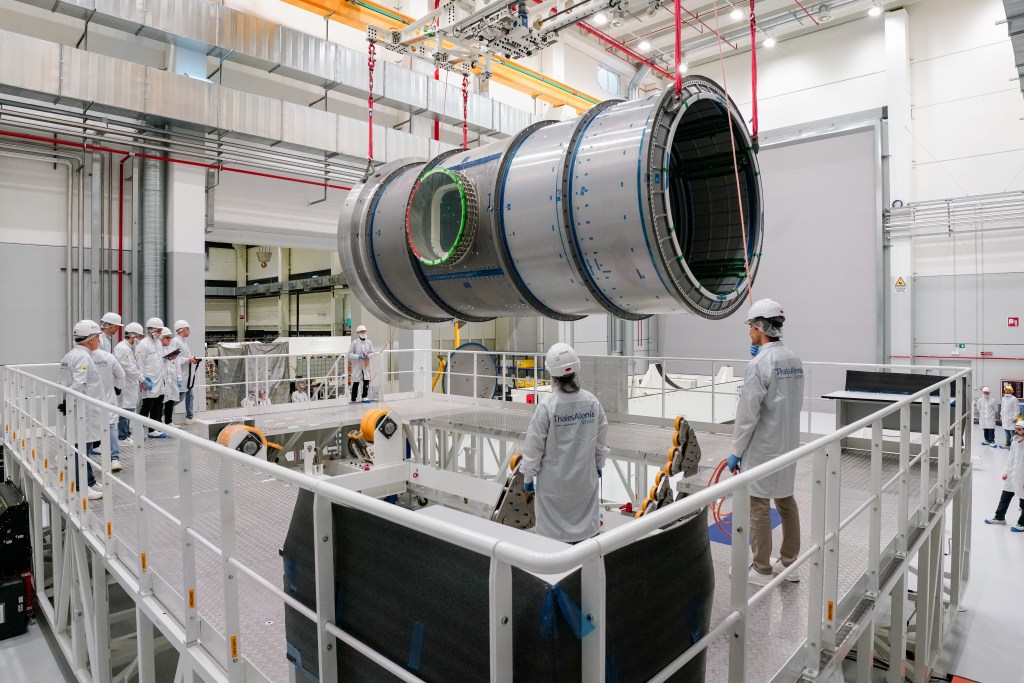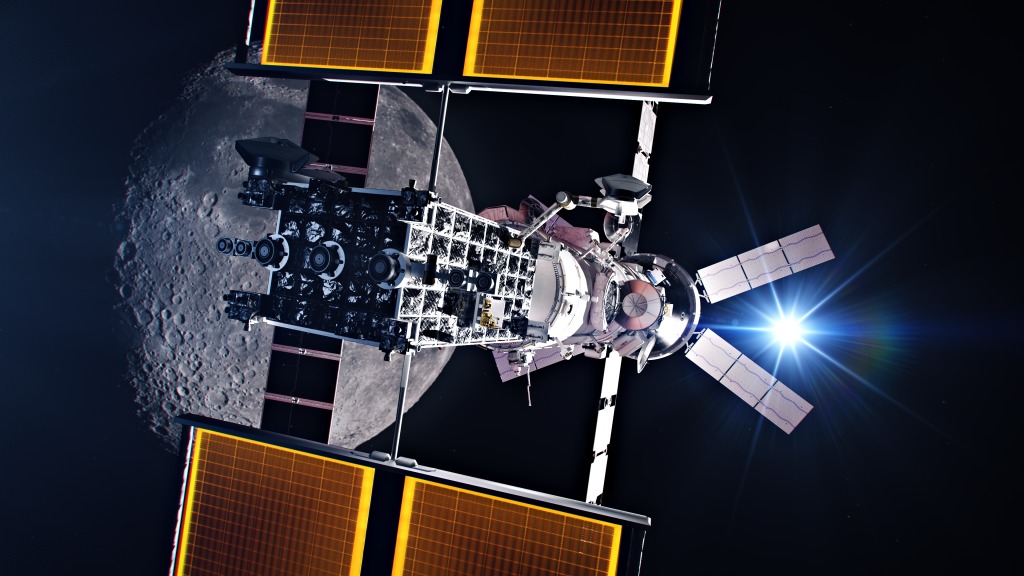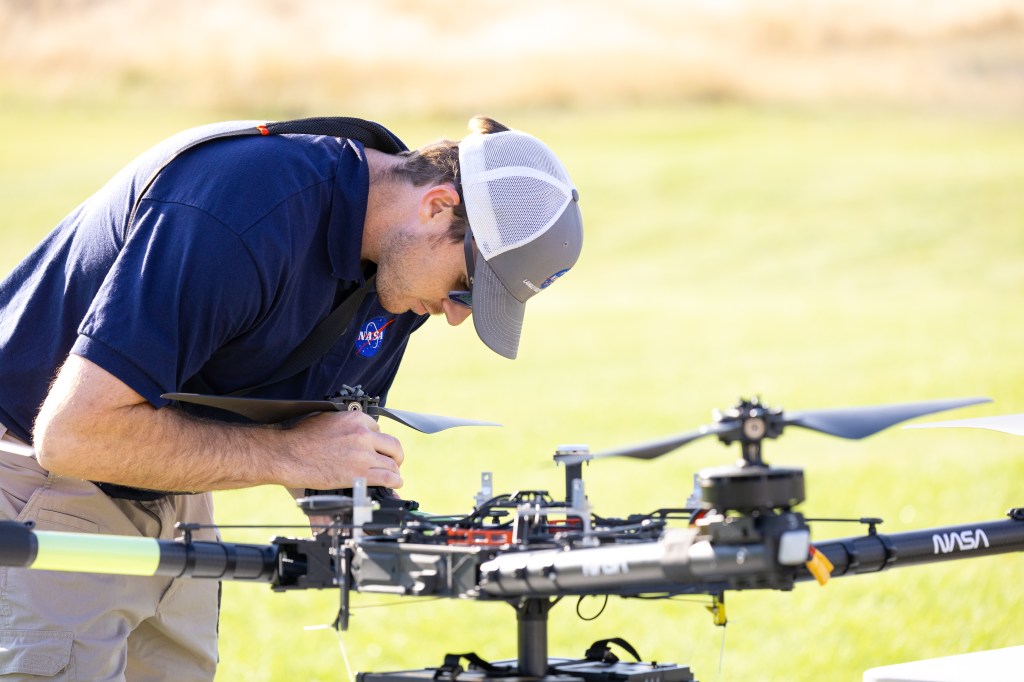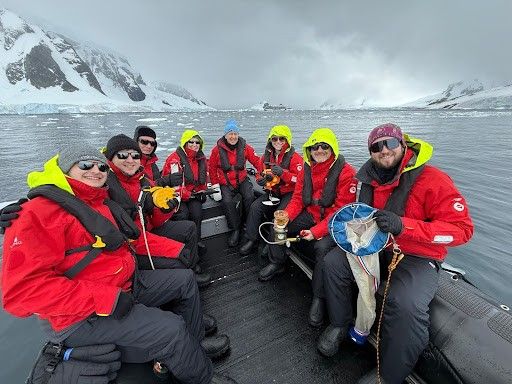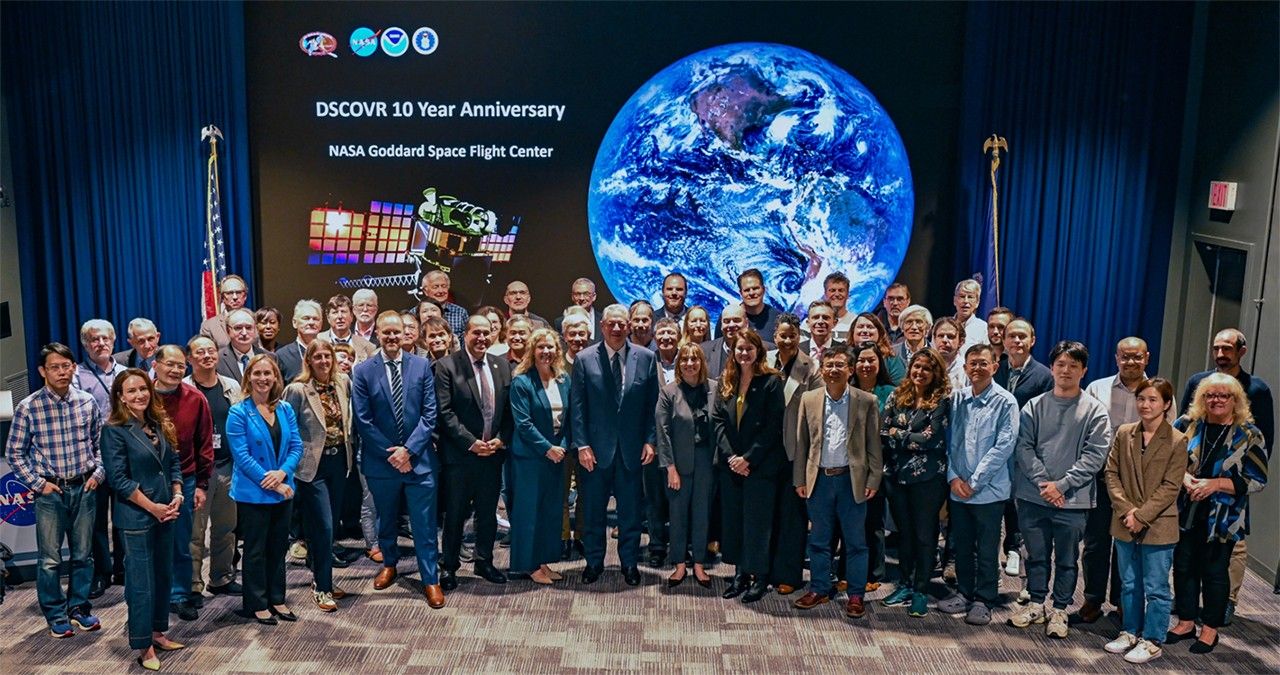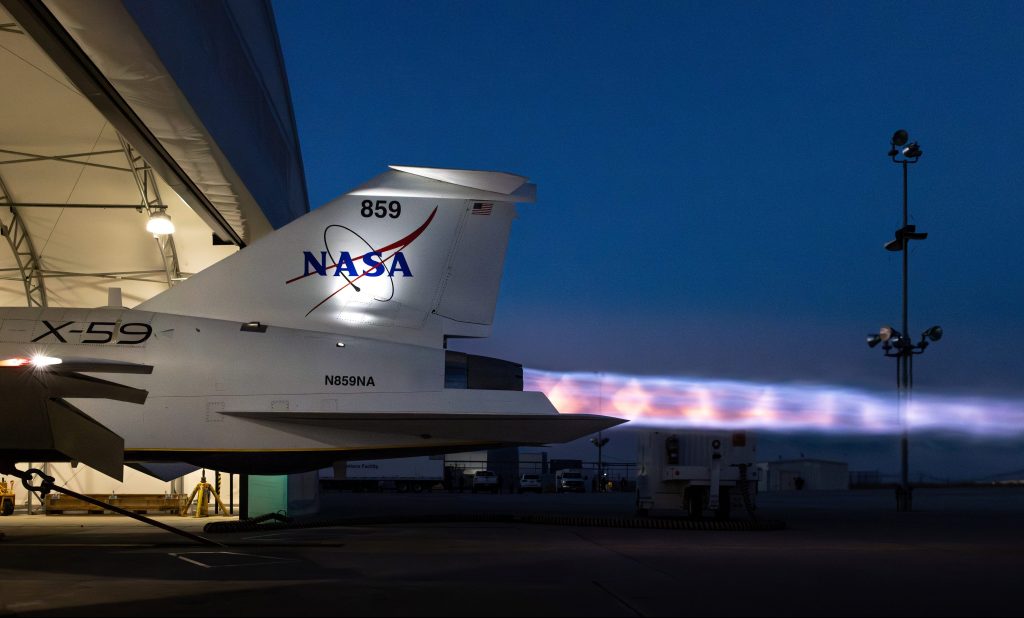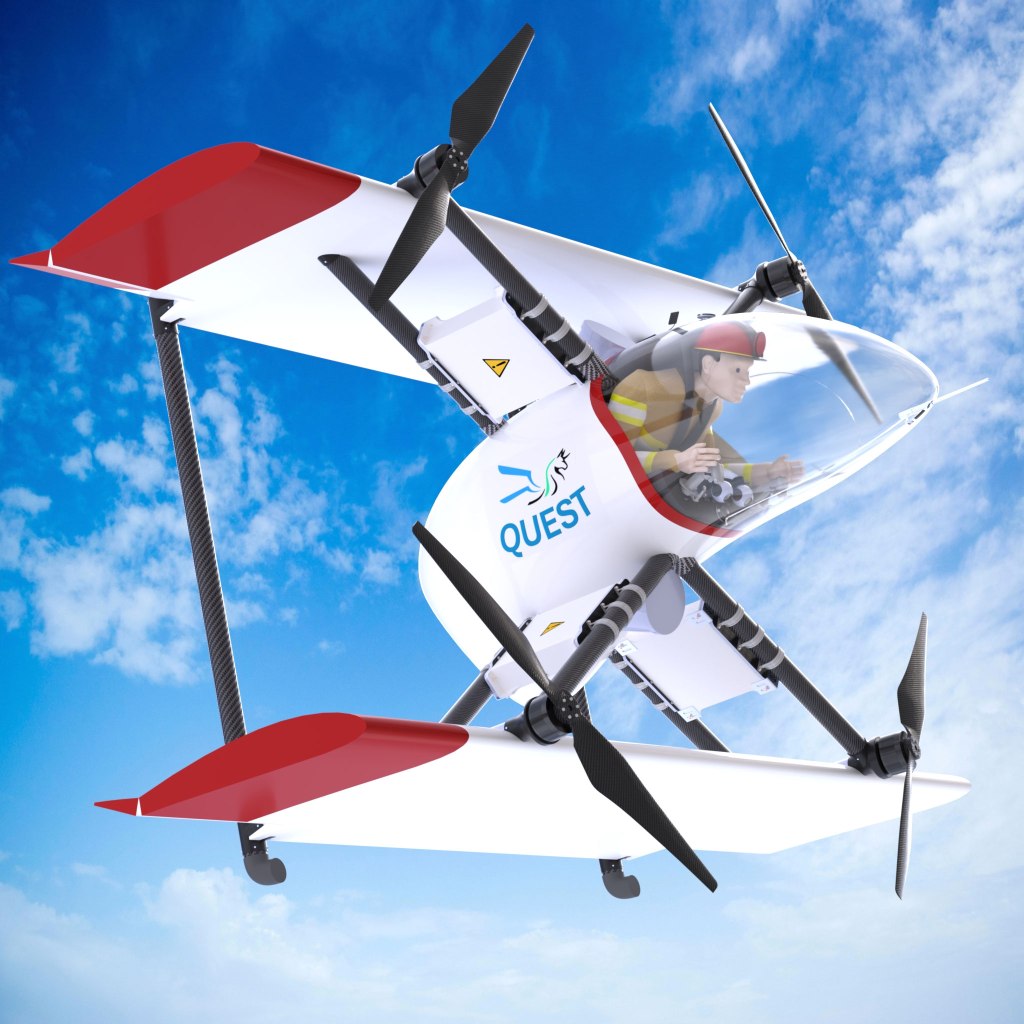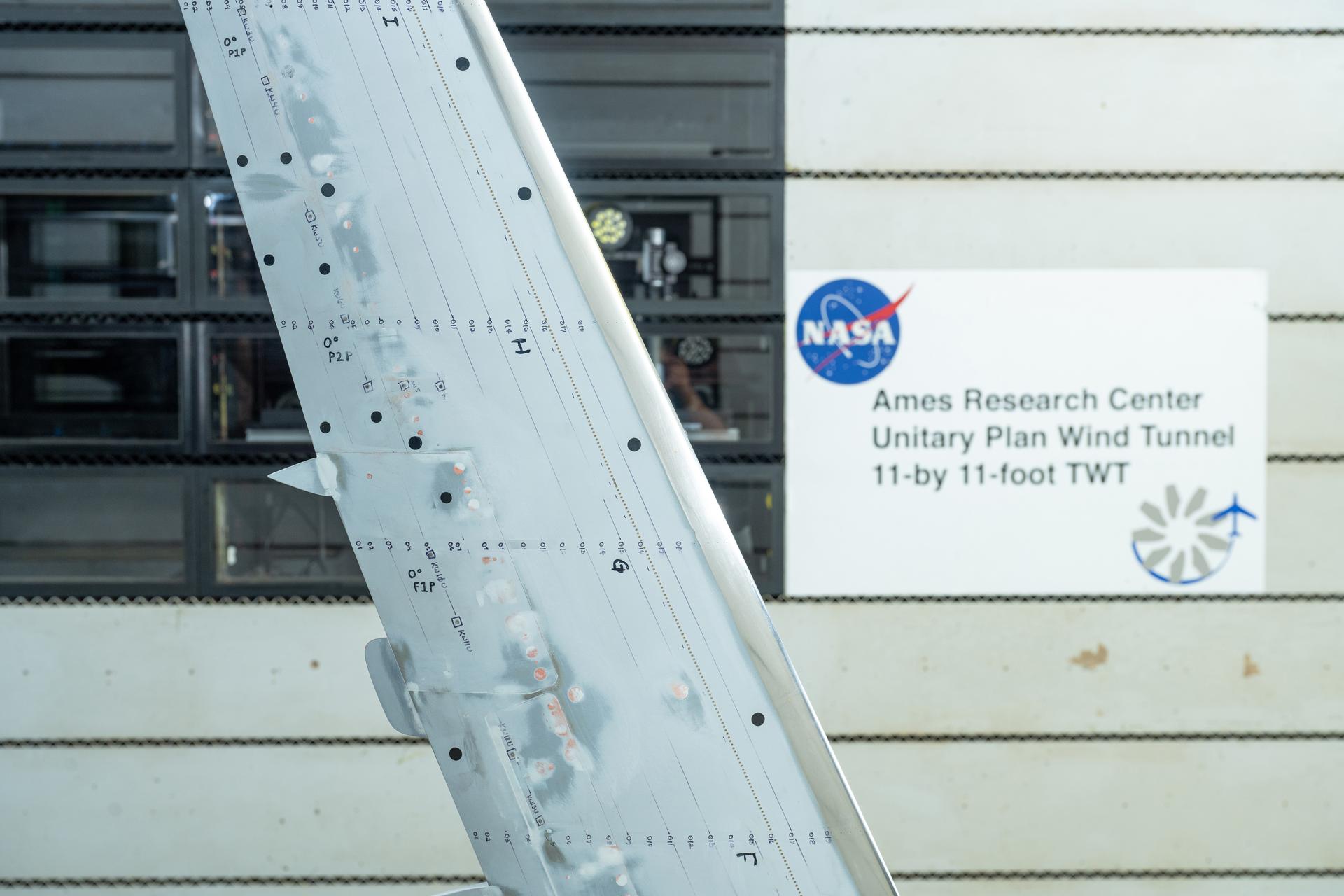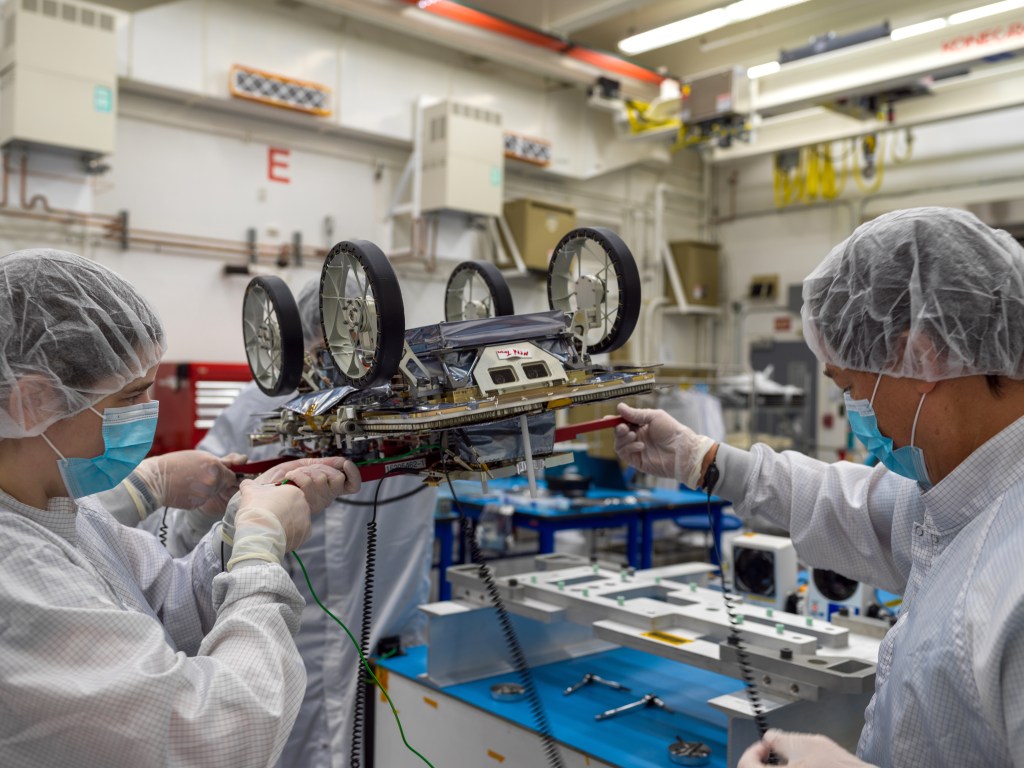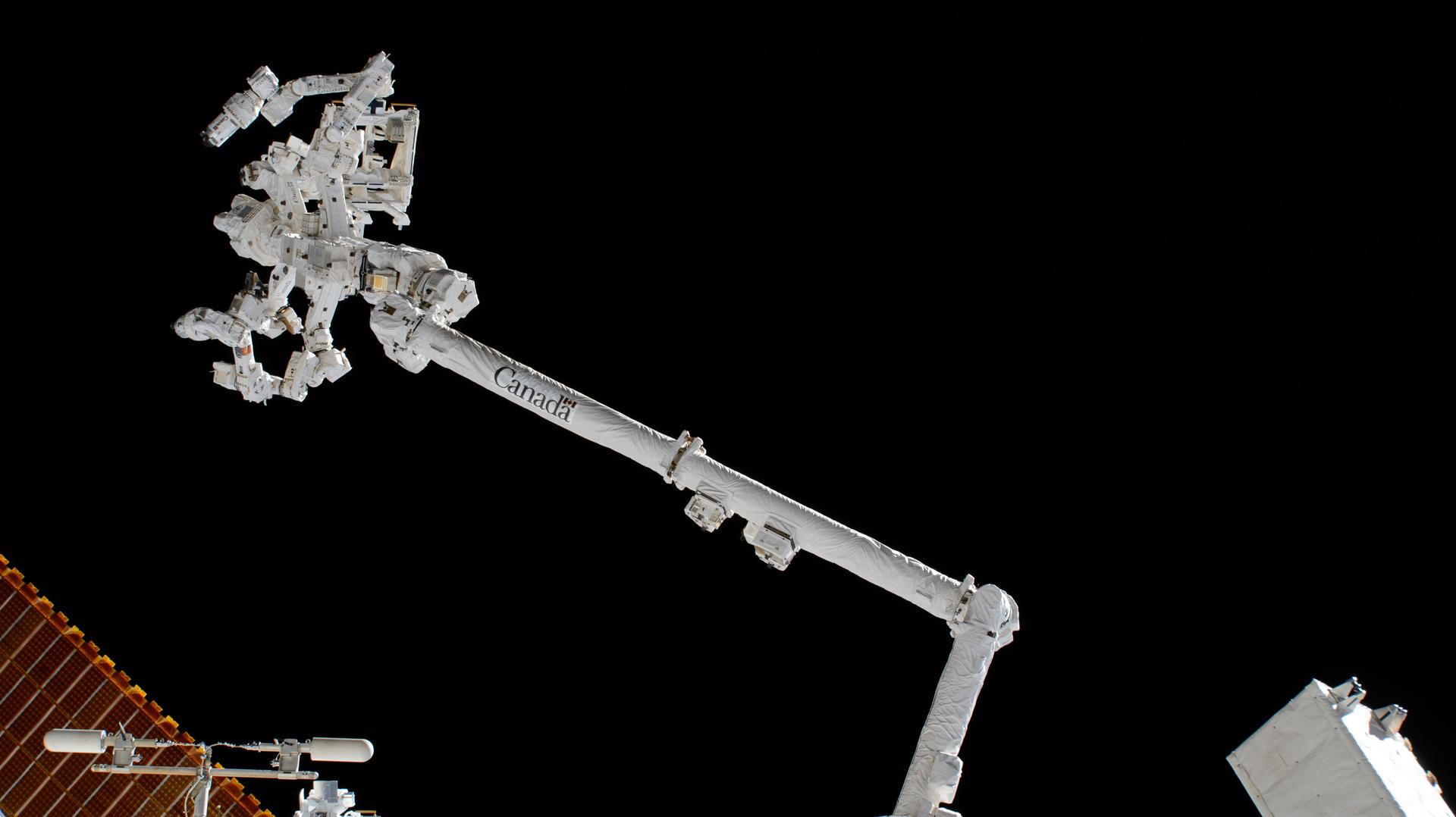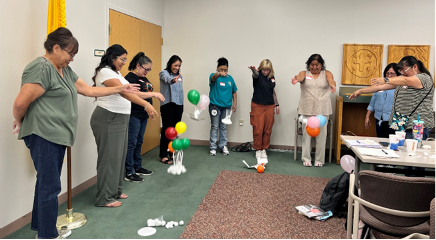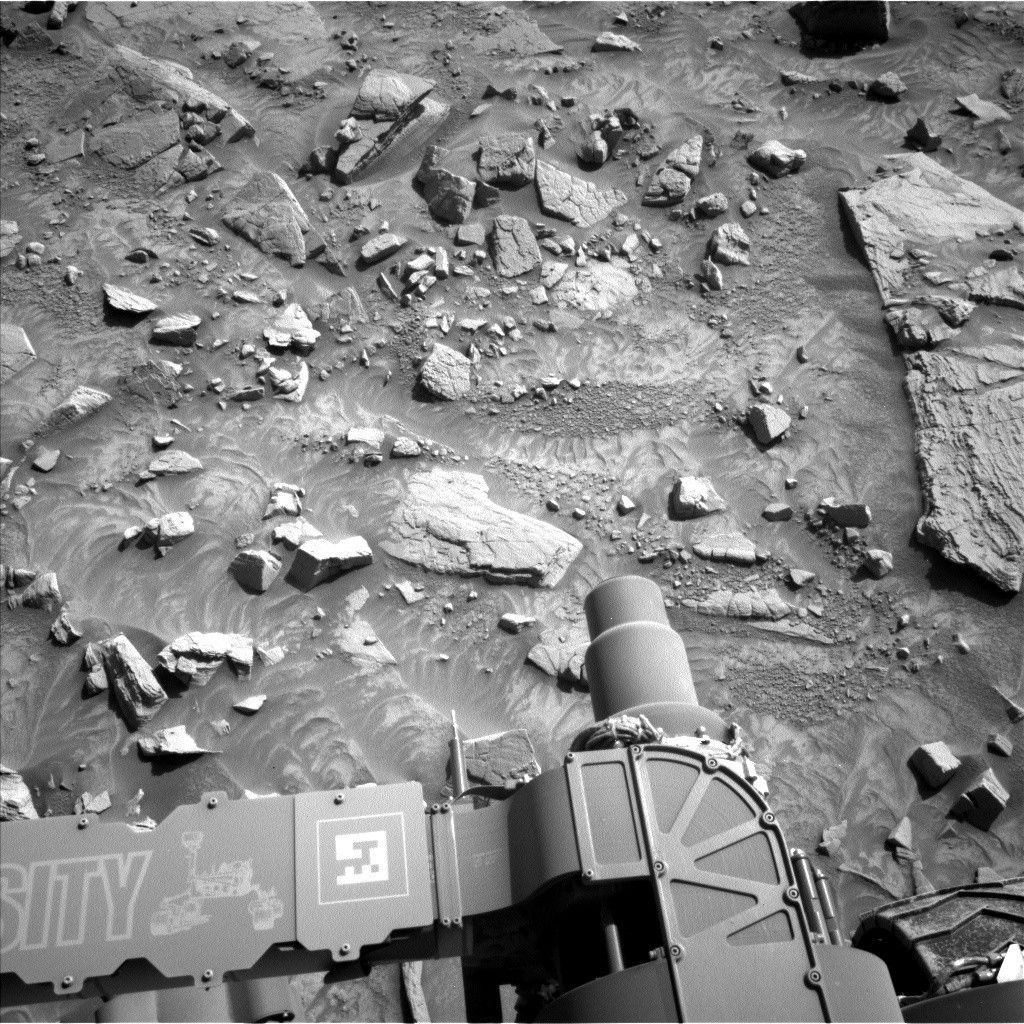NASA has selected Lockheed Martin Aeronautics Company of Palmdale, California, to provide support for the community overflight response phase of the agency’s Low-Boom Flight Demonstration (LBFD) mission, part of the Integrated Aviation Systems Program in the agency’s Aeronautics Research Mission Directorate. The contract is awarded through the agency’s Armstrong Flight Research Center in Edwards, California.
The indefinite-delivery/indefinite-quantity price contract has a total value of $40 million and a performance period that runs through Dec. 14, 2025.
The contract will provide extra structural components and subsystems for the X-59 aircraft as a risk-reduction strategy to minimize downtime for the airplane during high-tempo operations.
The X-59 is designed to fly at supersonic speeds without producing the loud sonic booms typically associated with such speeds, instead reducing them to quiet sonic thumps.
In 2024, NASA will fly the X-59 over select communities to measure public perception of the sound. The data from these tests will be given to U.S. and international regulators, potentially opening the future to commercial supersonic flight over land.
For more information on the LBFD Mission, please visit:
For more information on NASA Armstrong, please visit:
J.D. Harrington
Headquarters, Washington
202-358-5241
j.d.harrington@nasa.gov
Leslie Williams
Armstrong Flight Research Center, Edwards, Calif.
661-276-3893
leslie.a.williams@nasa.gov



